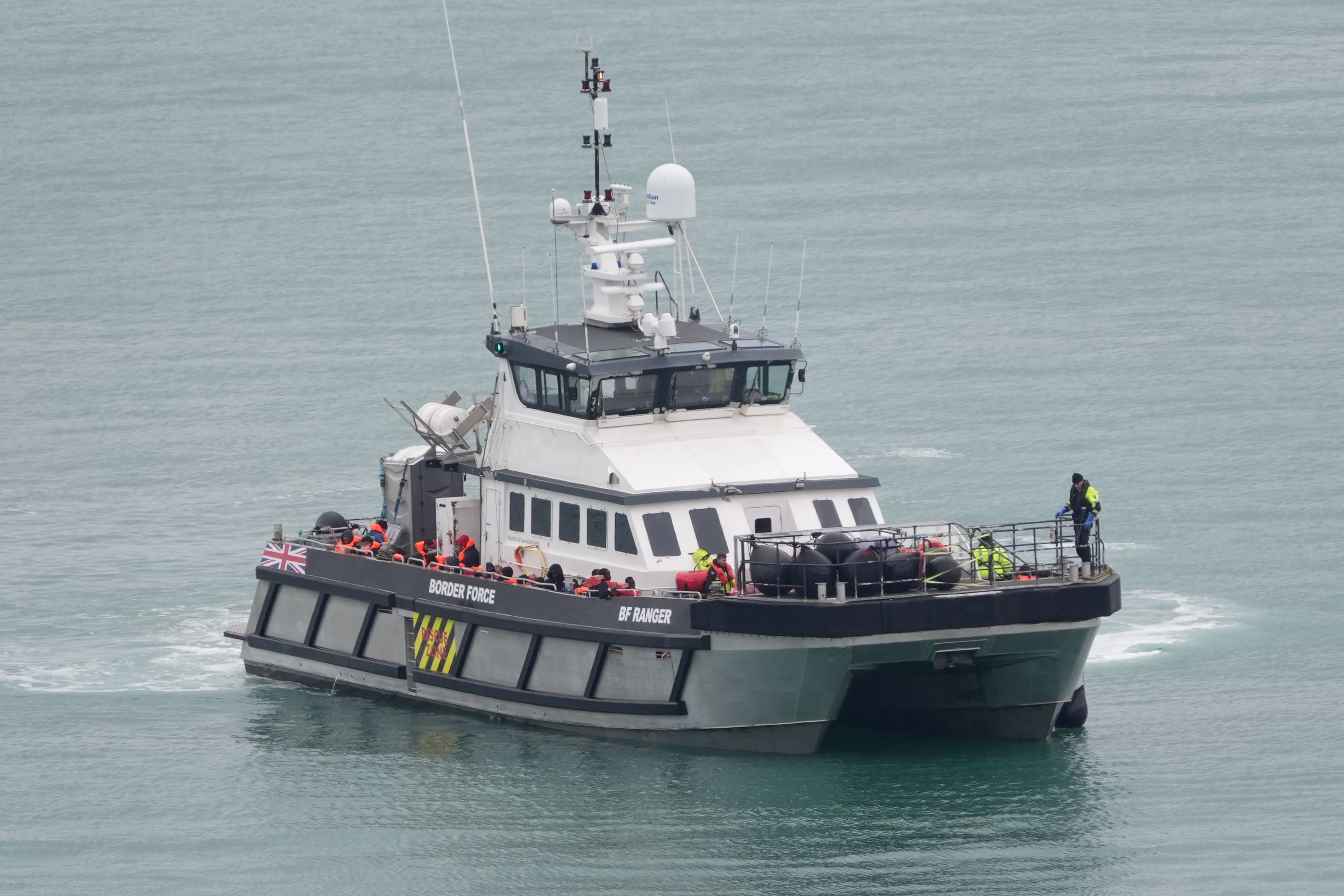Calls for radiographers to refuse to conduct age tests on migrants
The Home Office has been contacted for comment.

Your support helps us to tell the story
From reproductive rights to climate change to Big Tech, The Independent is on the ground when the story is developing. Whether it's investigating the financials of Elon Musk's pro-Trump PAC or producing our latest documentary, 'The A Word', which shines a light on the American women fighting for reproductive rights, we know how important it is to parse out the facts from the messaging.
At such a critical moment in US history, we need reporters on the ground. Your donation allows us to keep sending journalists to speak to both sides of the story.
The Independent is trusted by Americans across the entire political spectrum. And unlike many other quality news outlets, we choose not to lock Americans out of our reporting and analysis with paywalls. We believe quality journalism should be available to everyone, paid for by those who can afford it.
Your support makes all the difference.Radiographers could refuse to conduct X-rays and MRI scans of migrants’ teeth and bones to verify their age if calls to oppose the laws succeed.
Delegates at the Society of Radiographers’ conference will be urged to reject requests to carry out the tests amid warnings the measures are a waste of NHS resources and could push up waiting times for patients.
If health professionals back the proposal, the move could thwart Home Office efforts to use the procedures to root out migrants suspected of lying about their age after crossing the Channel to the UK in the wake of former home secretary Dame Priti Patel declaring the tests would stop grown men “masquerading as children” on their asylum applications.
No radiographer should feel coerced to conduct these scans during clinical time
The union is set to call on radiographers attending its annual summit – taking place this week in Leeds – to oppose the laws which came into force earlier this year, arguing staff are not contractually obliged to operate the machines for such checks which they branded unreliable and unethical.
Richard Evans, the society’s chief executive, said: “When hundreds of thousands of people are waiting unacceptably long times for MRI scans, it’s completely unjustifiable to take up machine time to work out the age of migrants.
“Conducting these scans falls outside the terms of the contract of a clinical radiographer. This means that any radiographer conducting the scans would have to agree to it voluntarily and be paid separately.
“No radiographer should feel coerced to conduct these scans during clinical time.”
Branding the law “nothing but a headline-grabbing measure” and arguing there was “every moral reason to object – and serious legal, ethical and health reasons to object, too”, Mr Evans said the changes risk compromising the “care being given to other NHS patients” as well as the safety of migrants being scanned.
It comes after scientific advisers previously warned the Government that X-rays could put child asylum seekers at risk of harm from radiation.
The society – which represents more than 33,000 staff working in medical imaging and radiotherapy mostly for the NHS – will argue the risk of carrying out the scans is far greater than the risk of an adult migrant being wrongly treated as a child.
An X-ray of a child’s wrist is “unlikely to be accurate” after they have reached puberty, while dental checks to determine whether a migrants wisdom teeth have emerged yet are not a failsafe measure, Mr Evans said.
Although wisdom teeth usually appear between the ages of 17 and 25, “some people get their wisdom teeth much later than others. But some people’s wisdom teeth never emerge at all”, he added.
It is “vital” any X-rays are “fully justified” and agreed to, as patients must give consent to such tests under UK law, the society said.
A Home Office spokesperson said: “We are strengthening the age assessment process through the National Age Assessment Board and introducing scientific assessments such as X-rays and MRIs.
“Our methods are supported by scientific evidence provided by the Age Estimation Science Advisory Committee and scientific age assessments are already widely across most of Europe.”